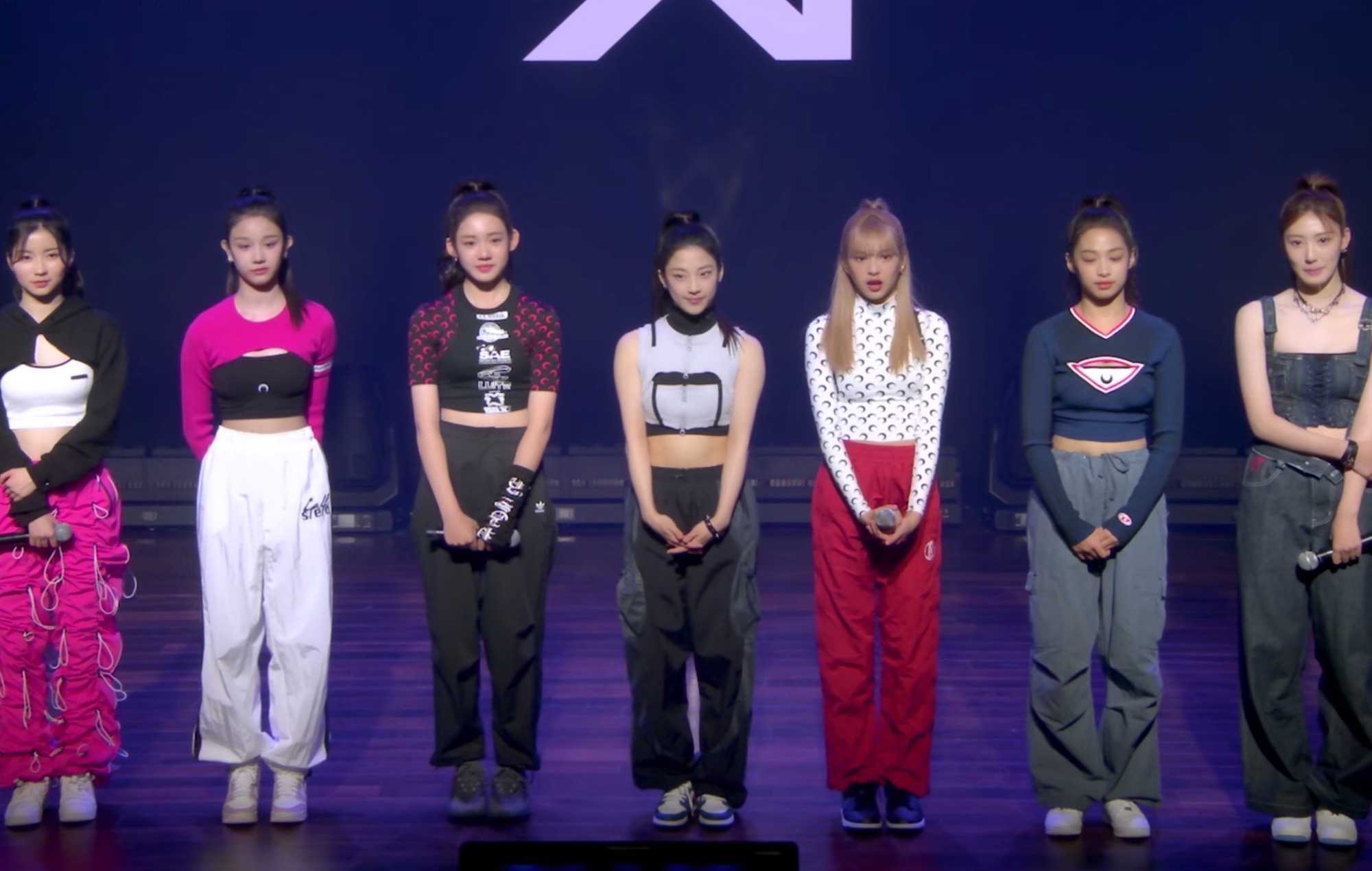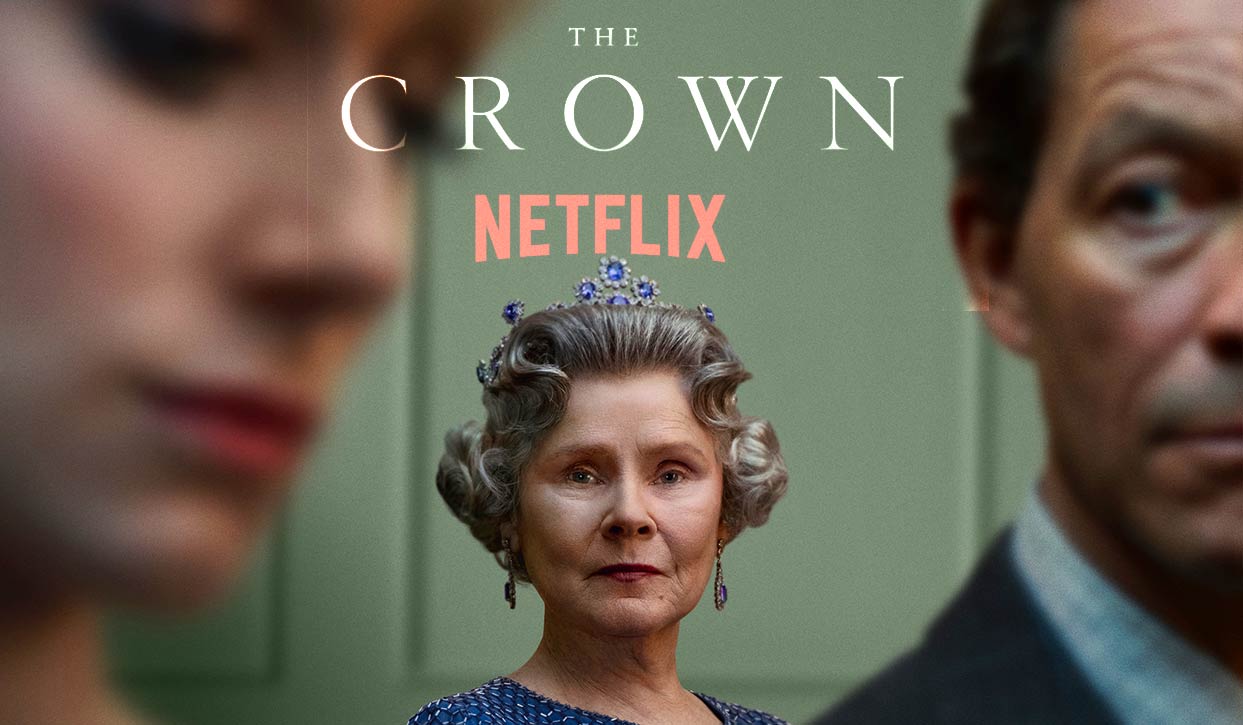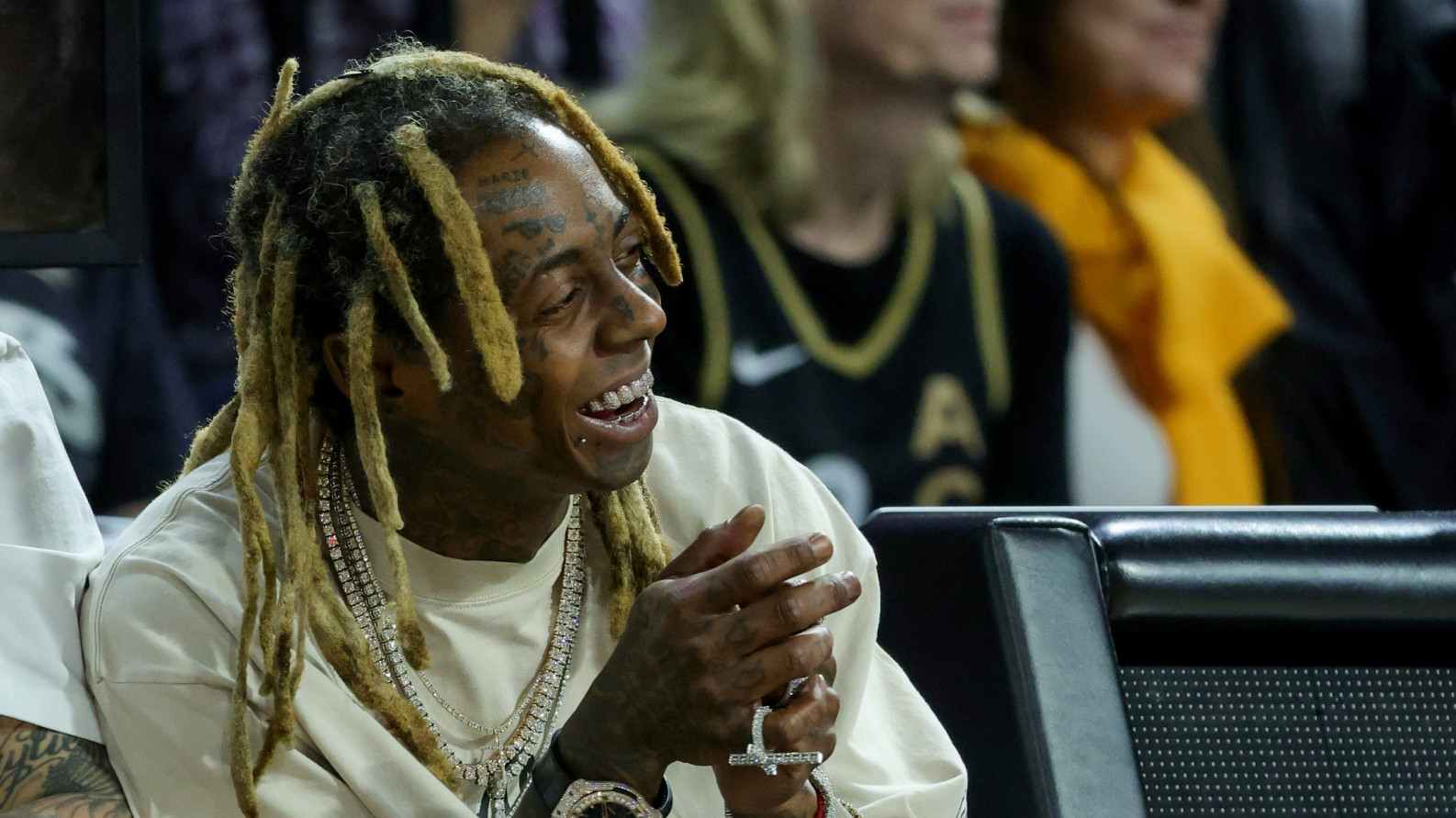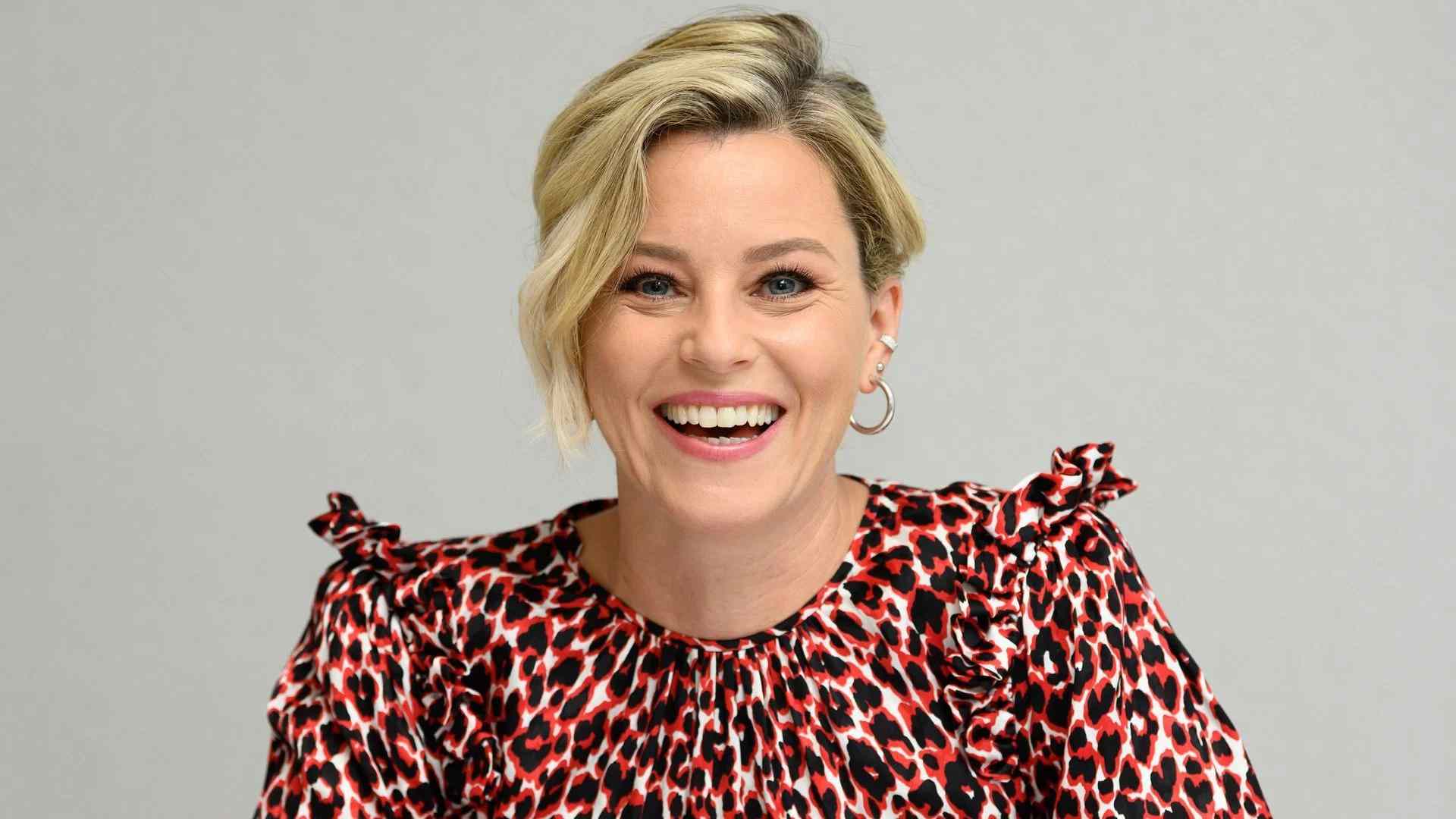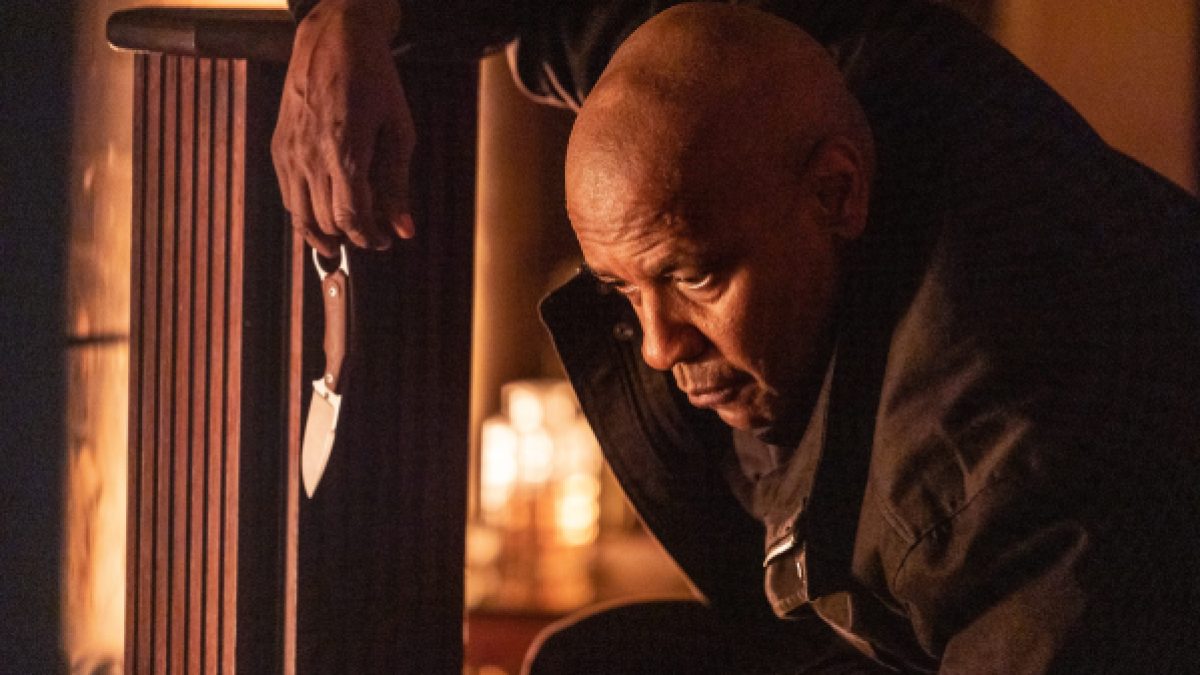Rankings Of All K-Drama Thriller In August 2023
In 2023, the world of K-dramas has undeniably been off to a remarkable start, with the heartwarming romance series “Crash Course in Romance” setting the stage for an exciting year. One of the highlights of this year’s K-drama landscape has been the highly anticipated return of Jeon Do-yeon to the small screen, creating a buzz of anticipation among fans. Following an exceptional 2022, “Crash Course in Romance” raised the bar, leaving viewers eager to see what else this year had in store.
Within the first six months of 2023, K-drama enthusiasts were treated to the return of beloved shows that had captured their hearts. “Tale of the Nine Tailed,” a fantasy fan favorite, came back with a new season, promising more captivating adventures and mythical creatures. “The Good Bad Mother” continued to tug at viewers’ heartstrings with its emotional storytelling, while “The Glory” delivered a dose of delicious melodrama and revenge, keeping audiences on the edge of their seats.
As the year unfolds, there’s an exciting lineup of new K-dramas to look forward to, including adaptations like “Moving” and “Gyeongseong Creature,” starring the talented Park Seo-joon. These upcoming releases hold the promise of fresh stories, intriguing characters, and stellar performances that will undoubtedly leave a lasting impact on K-drama enthusiasts.
Now, let’s take a moment to reflect on the top 10 K-dramas of 2023 thus far. These dramas have not only entertained but have also touched the hearts of viewers, solidifying their positions as must-watch series of the year. As we continue to immerse ourselves in the world of K-dramas, these shows serve as a testament to the creativity and storytelling prowess of the Korean entertainment industry. So, whether you’re a long-time fan or new to the K-drama scene, there’s no doubt that 2023 has brought a wealth of exceptional dramas to savor and enjoy.
Agency
Agency” is a workplace drama that spotlights the journey of Go Ah-in, portrayed by the talented Lee Bo-young, as she becomes the first female executive in a prominent advertising agency. Her ambition knows no bounds as she aspires to ascend even higher within the company, ultimately eyeing the coveted position of CEO. However, her path to success is not without formidable challenges, particularly in the form of a competitive work rival.
What sets “Agency” apart from many other dramas is its refreshing absence of romantic sub-plots. Instead, it places a laser focus on Ah-in’s relentless pursuit of success, portraying her efforts to overcome childhood trauma and establish herself as a prominent figure in her industry. The series delves into the complexities of work-life balance, shedding light on the sacrifices and pressures that women often confront in the corporate world.
Intriguingly, “Agency” paints a relatable and captivating picture of Ah-in’s journey, drawing viewers into her world of workplace trials and tribulations. It fosters a strong sense of camaraderie among viewers, as they rally behind Ah-in in her quest to break barriers and shatter the glass ceiling, making it a compelling and resonant drama.
Ratings- On January 15, JTBC’s new drama “Agency” successfully continued its streak of seeing its ratings rise with every episode. According to Nielsen Korea, the fourth episode of the new series jumped to an average nationwide rating of 8.9 percent.
Crash Course In Romance
“Crash Course in Romance” is a delightful K-drama that weaves together not one, but two enchanting love stories. The plot revolves around Choi Chi-yeol, a dedicated math tutor, and Nam Haeng-seon, a former athlete who now runs a banchan shop. Their paths cross thanks to Haeng-seon’s daughter, Nam Hae-yi. This drama skillfully combines classic rom-com elements like intertwined destinies, heartwarming storylines, enemies-to-lovers, and friends-to-lovers, creating an engaging and heartwarming narrative. Alongside the main characters, their close friends and offspring also find love, adding depth and warmth to the storyline. Plus, it incorporates some societal commentary and unexpected thriller elements, making it a truly captivating and enjoyable watch.
Ratings- tvN’s new drama “Crash Course in Romance” also saw an increase in viewership for its second episode, which earned a nationwide average of 5.8 percent.
Dr. Romantic
“Dr. Romantic” Season 3 is a captivating K-drama that shines in the crowded world of medical soap operas. It follows the brilliant surgeon Master Kim and the dedicated team at Doldam Hospital as they battle against healthcare injustices to provide care for their patients, no matter the obstacles. With the return of beloved characters, compelling personal conflicts, intense medical crises, and the addition of a Trauma Centre, the show remains a must-watch, offering a blend of inspiration, drama, and medical challenges that keeps viewers hooked.
Ratings- According to Nielsen Korea, the final episode of “Dr. Romantic 3” scored an average nationwide rating of 16.8 percent, making it the most-watched miniseries of Saturday—as well as the most-watched program in its time slot.
Love To Hate You
“Love To Hate You” may have a somewhat clichéd premise, but it offers a refreshing take on the rom-com genre. Yeo Mi-ran, portrayed by Kim Ok-vin, is a lawyer who uses heartbreak as a means of seeking justice, while Nam Kang-ho, played by Teo Yoo, is a popular actor with a deep dislike for women. When Mi-ran joins the law firm representing Kang-ho, their paths cross, setting the stage for an enemies-to-lovers story with a twist.
Although it follows some well-known tropes, “Love To Hate You” is an enjoyable and engaging watch. The series makes an effort to provide a unique perspective on misogyny in Korea, from Mi-ran’s unconventional approach to relationships with men to the exploration of issues like the gender pay gap and workplace dynamics through sub-plots.
Ratings- Love to hate you secure 7.9 ratings on IMDb
Oasis
Oasis, despite its initial stumbling start with time lapses and sub-plots that didn’t seem to contribute much to the overarching narrative, ultimately aged like a fine wine in the world of K-dramas. Set against the backdrop of 1980s and 1990s South Korea, it evolves from a tale of friendship into a love triangle and then into a compelling rivalry. Each episode left us eagerly craving more, while simultaneously introducing fully developed characters with deeply relatable motivations.
In its essence, Oasis revolves around imperfect individuals navigating imperfect relationships, fueled by selfishness, revenge, and greed, yet still holding onto hope for solace by the journey’s end. Without giving away too many spoilers, it’s safe to say that the series concludes with one of the most gratifying and well-crafted endings yours truly has ever witnessed in a tumultuous story.
Ratings- According to Nielsen Korea, the April 25 finale of “Oasis” recorded an average nationwide rating of 9.7 percent, maintaining a perfect streak as the No. 1 Monday-Tuesday drama for all 16 episodes. This is also a 1.7 percent jump from the previous episode’s rating of 8.0 percent and the drama’s personal best in ratings.
Queenmaker
“Queenmaker” follows the journey of Hwang Do-hee (Kim Hee-ae), a highly competent employee of a powerful South Korean conglomerate. However, when the company’s unethical practices endanger lives, she enlists human rights lawyer Oh Kyung-sook (Moon So-ri) to expose political corruption and nepotism. This K-drama offers a rare portrayal of politically charged narratives with strong female protagonists. Watching these women confront systems designed against them is a thought-provoking and inspiring experience, highlighting their imperfections and determination to overcome formidable challenges.
Ratings- Oueenmaker secure 7.6 ratings on IMDb
Tale of the Nine Tailed
Two years ago, when “Tale of the Nine Tailed” first graced our TV screens, it received mixed reactions. People had high hopes for its exploration of South Korean mythology and the supernatural, but those expectations weren’t fully met, leading to widespread skepticism about the possibility of a second season. However, when the second season finally aired, it pleasantly surprised us all.
In “1938,” we follow the journey of Lee Yeon (played by Lee Dong-wook), an immortal nine-tailed fox, or gumiho, as he is transported back to the tumultuous year of 1938. Here, he becomes entangled in a complex web of human politics, the laws of the spiritual realms, and conflicts among Japanese officials in Korea during a time marked by traumatic imperialism and colonization. “1938” embarks on an adventurous exploration of fantasy, melodrama, horror, comedy, and thought-provoking discussions about the essence of humanity. This captivating mix of elements more than compensates for any shortcomings of its predecessor.
Ratings- According to Nielsen Korea, the final episode of “Tale of the Nine-Tailed 1938” scored an average nationwide rating of 8.0 percent, taking first place in its time slot across all cable channels—and beating the drama’s previous record of 7.1 percent from its second episode.
It’s also secure 8.9 ratings on IMDb
Taxi Driver
“Taxi Driver,” now in its second season, is a prime example of the enduring appeal of revenge narratives in Korean dramas, or K-dramas. At the heart of this gripping series is Kim Do-gi, portrayed by the talented Lee Je-hoon, a character deeply scarred by a tragic past. His mother’s murder remains a haunting memory, an unresolved injustice that has defined his life.
Do-gi’s inability to obtain the justice he seeks drives him to a unique occupation. He takes on the role of a taxi driver for Rainbow, a seemingly ordinary taxi company with an extraordinary secret. Rainbow operates as a front for a clandestine group of vigilantes, specializing in a service known as the “revenge-call.” In essence, they offer a means for victims to seek retribution when the legal system fails them.
In this highly anticipated second season, Rainbow makes a remarkable return after a period of disbandment. Their mission remains unchanged: to assist those who have been wronged and seek revenge on their behalf. The series continues to employ its successful procedural format, drawing inspiration from real-life headlines to craft compelling and intense cases.
Rainbow’s endeavors take them on thrilling journeys, where they confront cult leaders, expose child traffickers, and outsmart cunning con artists. Each episode is a rollercoaster of emotions, offering viewers the kind of cathartic satisfaction that real life often withholds. The show delves into The complex moral and ethical questions surrounding revenge, all while delivering electrifying and satisfying takedowns of wrongdoers. As “Taxi Driver” Season 2 unfolds, it promises to be an engaging exploration of justice, retribution, and the blurred lines that separate them in the world of vigilante justice.
Ratings- On April 15, the second season of the hit drama ended on its highest viewership ratings yet. According to Nielsen Korea, the final episode of “Taxi Driver 2” scored an average nationwide rating of 21.0 percent, marking a new all-time high for the show.
It’s also secure 8 ratings on IMDb
The Glory Part 2
In “The Glory Part 2,” a thought-provoking line from Park Yeon-jin (played by Lim Ji-yeon) questions why the less fortunate place their faith in concepts like poetic justice and karma. This statement sets the tone for the gripping drama, emphasizing the underlying class divisions. Meanwhile, the relentless Moon Dong-eun (Song Hye-kyo) is determined to set her revenge plans in motion, forming the intense central conflict.
The series takes viewers on a rollercoaster of unexpected plot twists, keeping them constantly engaged and guessing. Once again, Song’s performance is nothing short of remarkable, as she skillfully conveys her character’s emotions through precise and impactful actions.
Ratings- Part 2 of Netflix’s K-drama The Glory is officially the streaming platform’s most-watched release of the week, surpassing You season 4 part 2. While You racked up 75.8 million viewing hours in its first week of release, The Glory has amassed an impressive 124.5 million hours, according to Deadline.
It’s also secure 8.1 ratings on IMDb
The Good Bad Mother
“The Good Bad Mother” is a poignant and emotionally charged K-drama that delves into the complexities of motherhood and the lasting impact of childhood trauma. The story centers around Jin Young-soon, portrayed by the seasoned actress Ra Mi-ran, whose life takes a drastic turn when her son, Choi Kang-ho, portrayed by Lee Do-hyun, experiences a life-altering accident that regresses him mentally to the age of seven.
This unforeseen circumstance offers Jin Young-soon a second chance at motherhood, but it also serves as a stark reminder of the emotional distance that had developed between her and her son over the years. Driven by a profound sense of guilt and a desire for redemption, she embarks on a mission to undo the inadvertent trauma she had inflicted upon her son throughout his life.
What makes “The Good Bad Mother” particularly compelling is its ability to navigate the intricate web of emotions and relationships. It explores the intricacies of repairing a damaged parent-child bond, a journey that is often fraught with complexity and heartache. As viewers, we are drawn into this emotionally charged narrative that unfolds before us, compelling us to empathize with the characters’ struggles.
One of the standout aspects of this K-drama is its adept handling of both the children’s and the adults’ perspectives. It underscores the importance of seeing parents as flawed human beings rather than infallible figures. Through this lens, the series highlights that part of healing from childhood trauma involves recognizing that even though parents may have made mistakes and sometimes exhibited their worst traits, they were, in essence, doing the best they could with the resources and knowledge available to them.
In essence, “The Good Bad Mother” is a deeply moving and thought-provoking exploration of the complexities of family dynamics, forgiveness, and the journey toward understanding and acceptance. It is a story that tugs at the heartstrings, reminding us of the shared humanity that binds us all and the potential for healing, even in the face of seemingly insurmountable challenges.
Ratings- On June 8, the popular drama achieved the highest viewership ratings of its entire run for its series finale. According to Nielsen Korea, the final episode of “The Good Bad Mother” scored an average nationwide rating of 12.0 percent, marking a new personal record for the show.
It’s also secure 8.4 ratings on IMDb




